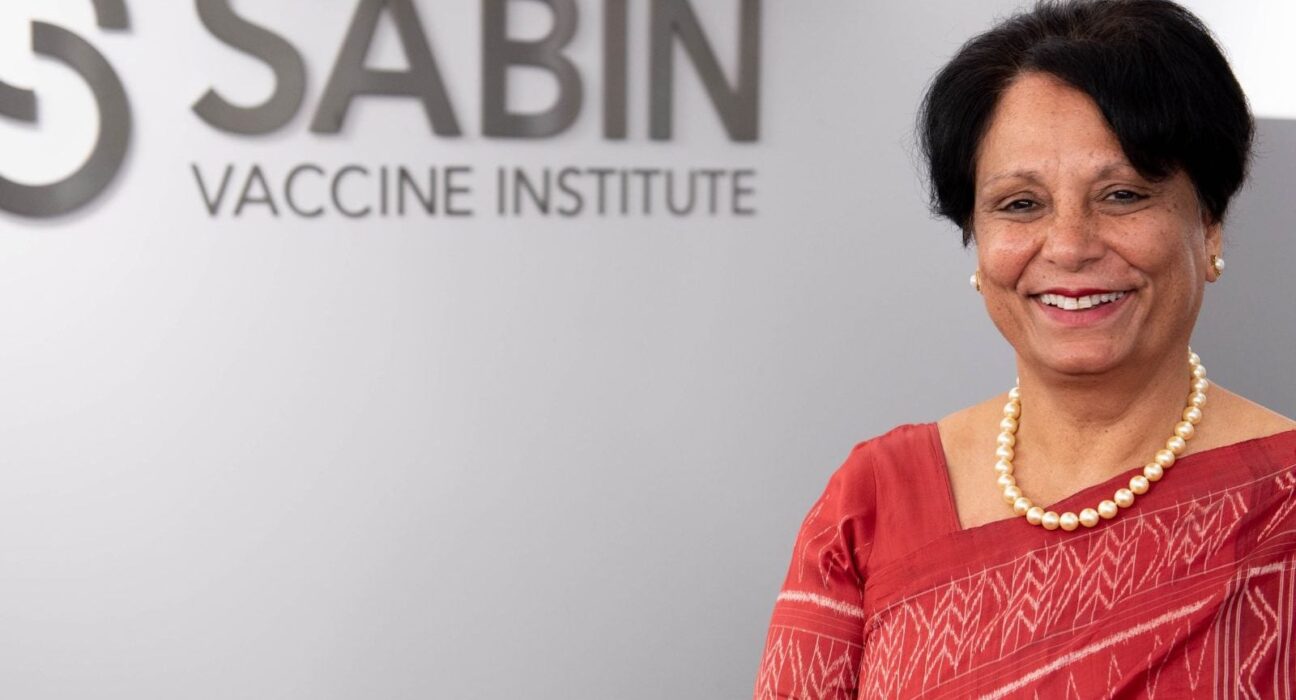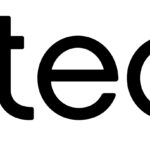Gavi’s Ex-deputy CEO Lauds India’s Covid Vaccination as ‘Major Public Health Feat’, Calls CoWIN Impressive

[ad_1]
India performed a “major public health feat” by vaccinating majority of the Indian population against Covid-19, said Gavi’s former deputy CEO Anuradha Gupta. The former IAS officer lauded the “political will and decisive leadership” and said CoWIN an “impressive innovation”.
Gupta said she believed while India had registered a success in the ‘open defecation free’ programme, the Narendra Modi-led government should launch a project to “fully immunise” villages and towns on similar lines. She, however, highlighted the problem of “zero-dose children” in India.
She said over 2.5 crore children were born every year but out of them, nearly 30 lakh failed to get even a single vaccine dose or remain “zero-dose” children. “Despite high vaccination coverage, India has the largest number of zero-dose children in the world,” she told News18 in an exclusive conversation.
Headquartered in Geneva, Gavi is a global private-public health partnership aimed at ensuring improved access to new and underused vaccines, especially for children, in the world’s poorest countries. Gupta served at various levels of the central government before joining Gavi in 2014, and is now the president at the US-based Sabin Vaccine Institute backed by the World Health Organization. The international vaccine expert is an advocate of globally expanding vaccine access and uptake.
“The ultimate aim has to be to vaccinate every child and have no zero-dose kids at all. The current number of 30 lakh zero-dose children born every year means that 1.5 crore children under 5 years of age remain unvaccinated,” said Gupta, who is credited for coining the concept of “zero-dose” children, which is a term chosen among the top global buzzwords for 2023.
The ‘zero-dose’ challenge
Gupta further said the recent measles outbreak in India could be “symptomatic of zero-dose children”. “So are diphtheria outbreaks but, unfortunately, weakness in surveillance masks many of these issues,” she said.
Gupta, who was the principal secretary of health in the Haryana government, issued a warning that this trend “is an invitation to diseases with the potential of large, disruptive outbreaks that can spread to other parts of the country very quickly”. “On the lines of ‘Open Defecation Free’ villages, the government could also consider recognising and incentivising fully immunised villages and towns,” she added.
Gupta, who was also the mission director of the National Rural Health Mission, said targeting zero-dose and unvaccinated children required “political commitment” as it would need increased and dedicated “financing, rigorous monitoring, and accountability for results”.
“Polio, which took us more than 15 years and thousands of crores to finish in 2011, would reappear if children do not receive their polio vaccine (IPV) on time,” she said, while adding that it was important to systematically identify zero-dose children in each city, village and community.
‘Mission Indradhanush needs to widen scope’
According to Gupta, who also served as the principal secretary at the ministry of women and child development in the Haryana government, the Centre’s flagship initiative — ‘Mission Indradhanush’ — must spread its wings into the “unserved and underserved” areas.
Mission Indradhanush is an initiative by the union health ministry, which was announced on December 25, 2014, with the objective of increasing immunisation rates against deadly diseases.
“The mission’s focus on low-coverage geographies is absolutely fine,” she said. “But to reap full benefits, the campaign approach must transition to a more sustained strategy to integrate unserved and underserved communities into the fold of regular services.”
She said there was hardly a village in the country that could boast of 100 percent vaccination coverage. “This means that a few poor, stigmatised households are being left behind everywhere. The ultimate aim has to be to vaccinate every child and have no zero-dose kids at all,” she added.
The three Vs of effective vaccination
“With 2 billion Covid-19 inoculations, half of which were achieved in less than a year in a highly systematic manner, India has performed a major public health feat,” Gupta said. “From policy setting to planning every minute detail and then closely monitoring progress, the process was very impressive.”
She listed the reasons: “political will, decisive leadership, past investments in public health infrastructure under the National Health Mission and sustained public trust in the government along with good alignment and coordination between the central and the state governments”.
“If the same attention is brought to regular vaccination programmes, India and many other countries can successfully reduce the number of zero-dose children to zero by reaching every child, everywhere,” she added.
Further, Gupta said CoWIN was an impressive innovation that could be adapted to monitor and accelerate maternal and childhood vaccination rates. “The augmentation of cold chain capacity for Covid-19 vaccines can now be deployed to ensure last-mile availability of all vaccines,” she said. “Most importantly, strategies used to counter Covid-19 vaccine-related misinformation and rumours by providing scientific and timely information can be used to build and bolster public demand for all vaccines.”
For effective vaccination, Gupta said, the ‘three Vs’ must come together — vaccine, vaccinator and vaccinee. “India is well-placed to make that happen,” she added.
Top priority in 2023: ‘Reclaiming lost progress’
Reclaiming the gains lost and re-establishing basic healthcare interrupted during the three years of Covid should be a top priority, Gupta said. “Coverage of essential health services has seen a worrying decline, wiping out several years of progress in most low and middle-income countries,” she added.
She also said it would be “over-simplistic” to think that this situation will “reverse automatically” with the waning of the pandemic. “The pandemic depleted health systems, especially the motivation and size of the health workforce. It also led to increased community scepticism about public health institutions and policies,” she added.
Gupta said ongoing food and climate crises, the Ukraine war, conflicts and shrinking fiscal space were likely to be added to the ongoing food and climate crises.
Distribution of Covid vaccines highlighted inequity
When it struck, the pandemic exacerbated inequities and exposed many systemic problems that made vaccine equity a challenge despite new global efforts.
“The silver lining in the past three years is that there was some attention to the inequities and there were important lessons learned about how slowly the distribution and deployment of Covid-19 vaccines happened between and within countries,” she said, while explaining the next steps known as the ‘BRAVE & BOLD’ vision to tackle the challenge.
Read all the Latest India News here
[ad_2]
Source link






